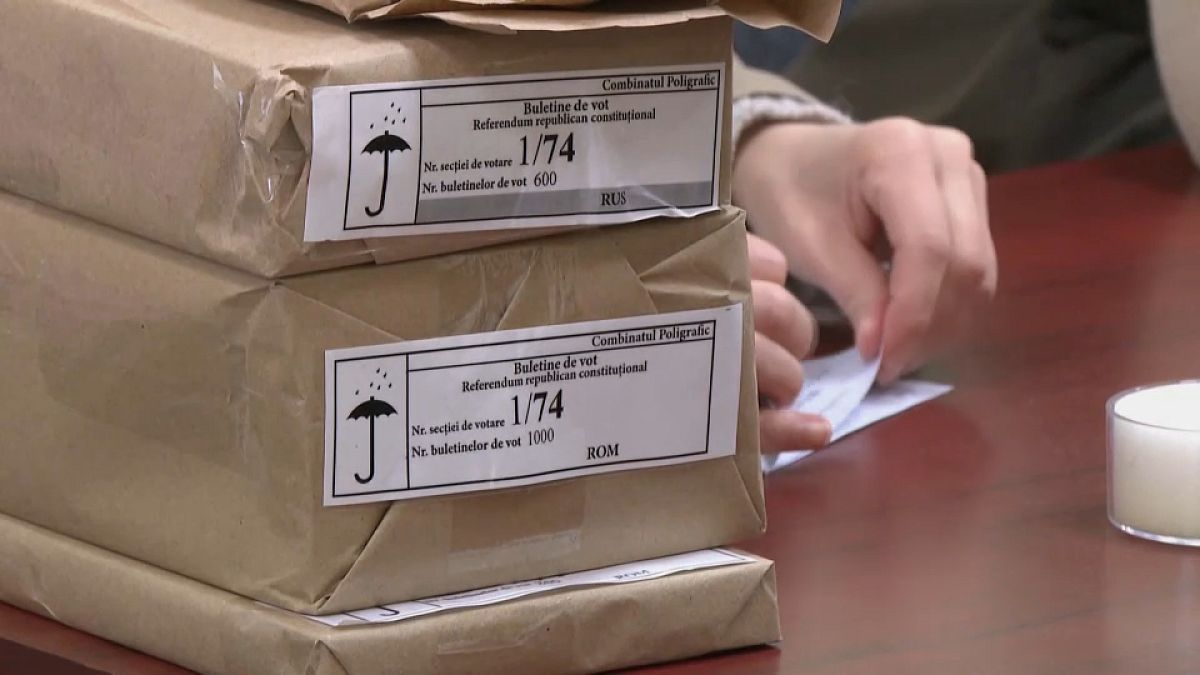Polls have opened in Moldova for voters to make two crucial decisions: electing their next president and deciding whether the country should join the European Union. While polls show support for EU membership at around 60%, a minimum turnout of 33% is required for the referendum to be valid. Many Moldovans want higher wages and a better quality of life, but opinions are divided on whether joining the EU will bring the desired changes. Some are skeptical about the benefits of membership, while others believe it will lead to improved living standards and higher wages, which have driven many young people to seek opportunities abroad.
Currently, Moldova has one of the lowest minimum wages in Europe at 5,000 leu (€261) per month. Over the past four years, more than 200,000 Moldovans have left the country, with over 40% of those living abroad aged between 30 and 44. There are concerns that by 2030, the number of Moldovans born abroad will surpass those born in the country. Proponents of EU membership view it as an opportunity for the country to avoid stagnation and align itself with the West, while detractors fear it will lead to increased Russian influence.
Incumbent president Maia Sandu, a strong advocate for EU membership, is seeking re-election and has urged voters to support accession. Moldova was granted EU candidate status in 2022, signaling progress towards integration. However, a turnout of 33% is essential for the referendum to be valid, prompting concerns about Russian-backed campaigns aimed at demobilizing voters. Reports of significant amounts of Russian funds being directed towards anti-EU efforts have raised alarms about potential interference in the electoral process.
Prime Minister Dorin Recean has cautioned voters to remain vigilant against destabilization attempts by outside criminal groups and disinformation campaigns. Moldovan citizens have been urged to consider whether they want to move towards future prosperity within the European Union or risk returning to a past vulnerable to challenges without resources for development. With over 2,000 polling stations available for voters to cast their ballots, the decision on both the presidential election and EU membership will have significant implications for the future direction of Moldova.








